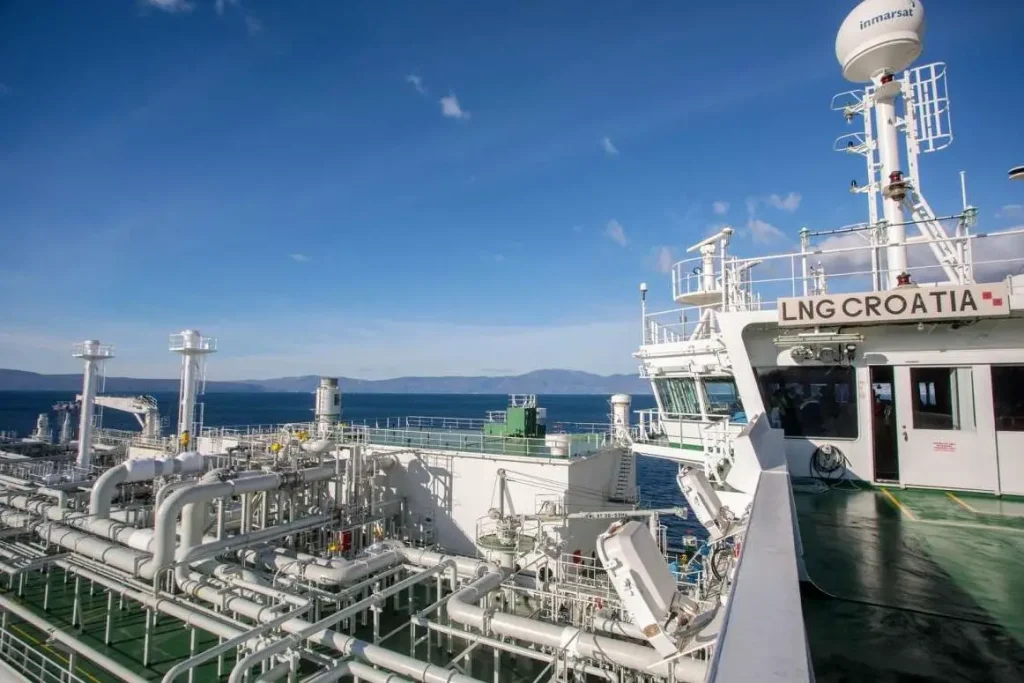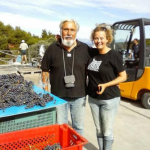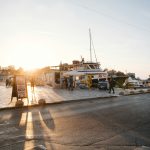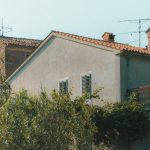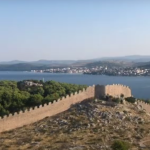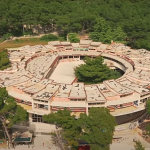On 18 May, the Commission unveiled “REPowerEU” as its response to the hardships and global energy market disruption caused by Russia’s invasion of Ukraine.
On that occasion the EC said that “there is a double urgency to transform Europe’s energy system: ending the EU’s dependence on Russian fossil fuels, which are used as an economic and political weapon and cost European taxpayers nearly €100 billion per year, and tackling the climate crisis.”
“By acting as a Union, Europe can phase out its dependency on Russian fossil fuels faster. 85% of Europeans believe that the EU should reduce its dependency on Russian gas and oil as soon as possible to support Ukraine.
“The measures in the REPowerEU Plan can respond to this ambition, through energy savings, diversification of energy supplies, and accelerated roll-out of renewable energy to replace fossil fuels in homes, industry and power generation,” says the EC
The document reads that “delivering the REPowerEU objectives requires an additional investment of €210 billion between now and 2027.”
The Commission says that the reduction of Russian fossil fuel imports can also save the EU almost €100 billion per year.
“To support REPowerEU, €225 billion is already available in loans under the RRF (Recovery and Resilience Facility).”
REPowerEU helps valorise Croatia’s geographic position
In his statement to Hina, the energy expert Dekanić says that Adriatic oil pipeline network “JANAF” is envisaged to assume a greater role and the capacities of the LNG terminal on the island of Krk are likely to be expanded.
Dekanić believes that it will enable JANAF to become a supply route for several countries. Furthermore, the project creates possibilities for investment of European funds for this purpose. He explains that it remains to be seen whether JANAF’s pipeline will expanded and upgraded or whether its pumps stations will enhance their capacities. In either case, great investments will be necessary.
Dekanić says that these plans also valorise Croatia’s geographic position.
The expansion of JANAF and of the Krk LNG terminal will enable Croatia to become a south European energy hub, according to him.
Apart from smart investments, the EC document also calls for saving energy, reducing fossil fuel consumption in industry and transport as well as for accelerating the rollout of renewables.
“Energy savings are the quickest and cheapest way to address the current energy crisis, and reduce bills,” says the Commission.
Therefore Brussels proposes to enhance “long-term energy efficiency measures, including an increase from 9% to 13% of the binding Energy Efficiency Target under the ‘Fit for 55′ package of European Green Deal legislation.”
Saving energy now will help us to prepare for the potential challenges of next winter, the Commission underscores.

